Tay Ping Hui has found his new calling in China: As a middle-aged alpha male TV star
From playing Genghis Khan and acting in Huo Yuanjia, the actor has been flying the Singapore flag high in Chinese dramas. And he's loving every minute of it – except when Christmas comes.
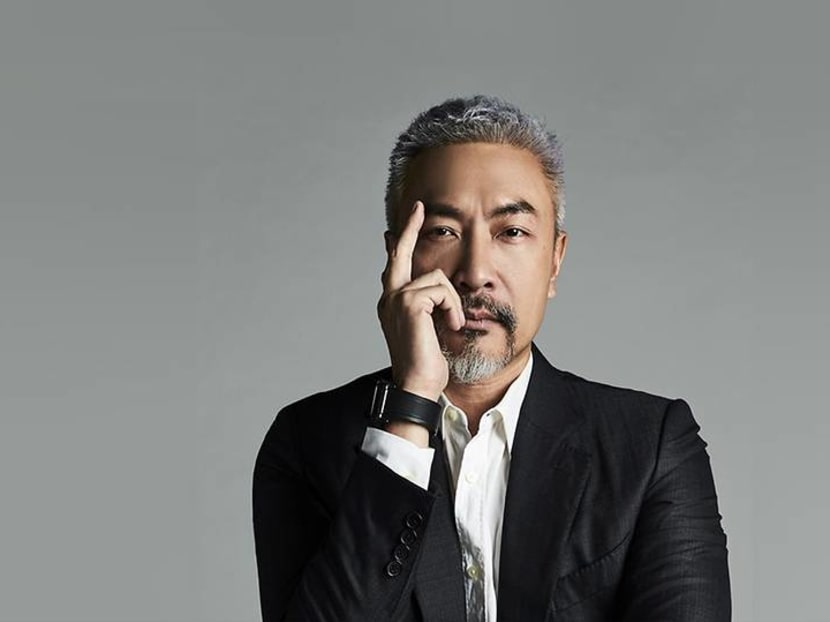
Tay Ping Hui is building a career for himself in China as a leading man. (Photo: Aik Chen; Hair and makeup: Dax Lye)
Leading a charge of Mongol warriors on horseback, laying waste to an entire village and making a wall of water explode out of a raging river with a single gesture are just some of the things Tay Ping Hui has been doing of late.
Those pursuits are a little more intense, you might say, than schlepping down to the kopitiam for a kopi-o gao kosong – which, by the way, is also something the Singaporean actor loves.
It’s famously known that Tay has been developing his career by taking on acting roles in China in the last few years, but what exactly has he been up to there?
The answer is getting kitted out in stick-on whiskers and period armour, pulling off martial arts stunts and eating xiao long bao when the camera’s not rolling, for his roles as legendary historical figures such as Genghis Khan in the drama The Condor Heroes, which aired last year; and in the drama Huo Yuanjia (Fearless), which has yet to air. He has shot two other dramas that are presently in the editing stages.
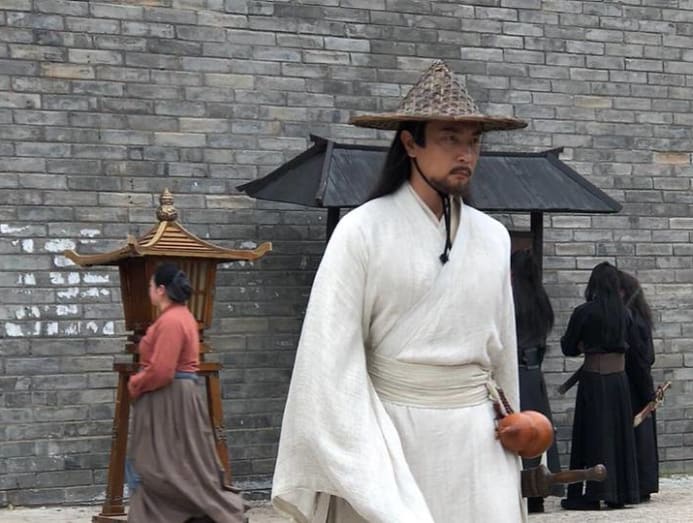
“Thanks to director Guo Jing Yu, the characters I play are always superhero types. He says – and these are not my words – I fit the bill of an alpha male… which is a bit lacking in China right now,” the 48-year-old explained.
“There are a lot of pretty boys; a lot of boys who look like girls. In China they call them xiao nai gou: ‘little milky dogs’. Their skin is fair and smooth. So, the characters I’ve been playing are masculine, middle-aged, ancient heroes with a hint of royalty. I can’t play the sweet young thing any more!”
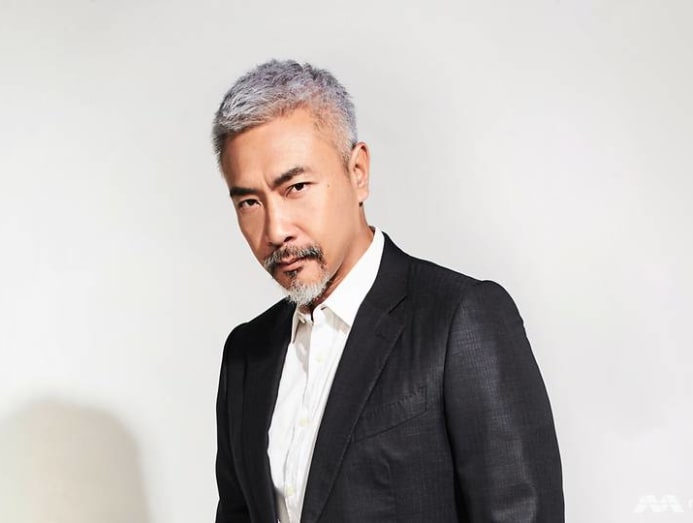
FALLING OFF A HORSE AS A MONGOL WARRIOR
He can, however, play the father of the Mongol Empire, it seems – even if there were times he had to fake it until he made it.
“On the first day of filming for The Condor Heroes, they said, ‘Can you ride a horse?’ I said yes, so they brought me the biggest horse. I had 15kg of armour on and we were supposed to do a cavalry charge. The others were true blue Mongolians and horse handlers, and I was this Singaporean guy who hadn’t ridden in 10 or 15 years. On one hand, I was freaking out. On the other hand, I was like, ‘Let’s do this.’
“On the first take, I fell off the horse. My right foot was caught in the stirrup and I was dragged. I remember I was like, ‘This is the end of me and my wife’s going to get all my CPF money.’ No, I’m kidding! I landed on my head, but I was wearing a huge wig and my armour was quite thick.” All things considered, though, “How many times in your life do you get to do a full cavalry charge with 100 horses all decked out while you pull out a big sabre and shout, ‘Mongol warriors, charge’? I loved it.”
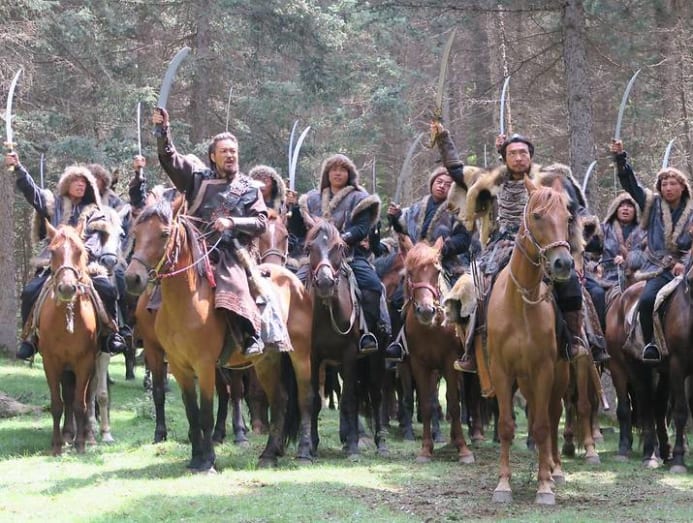
He continued: “I love the thrill of it. What I’ve learned in fighting or choreography or acting is that if you hold anything back, you’ll never be 100 per cent. Maybe, in some demented way, I enjoy the thrill when I put myself in harm’s way or when it’s risky. It’s like when I go skydiving or racing.”
Filming in China, “There are many nights I go back to my room all bruised and can’t even lift my arm. But you go home and you rest and then you fight another day – which I enjoy. I think I’m weird that way, lah.”
The biggest challenge might not actually be the physically demanding scenes, but having to deliver two-page monologues in ancient Chinese.
“It’s like Shakespearean Chinese,” Tay said, admitting that he had never studied the language before. “The stress level I would say is easily 50 or 100 times (higher). There are 50 or 100 people waiting for you to finish your lines so they can have lunch. And there’s a sense of stress everywhere because if you screw up, there are like 50 guys waiting to take your place.” What’s more, “I have OCD and I’m a perfectionist, so I expect the best from myself.”
On China sets, everything is on a much larger scale, he said. “Everything is bigger, everything is faster. They work at breakneck speed. There’s a sense of urgency. They’re willing to spend millions of dollars doing things they feel they need to.” For instance, for one set, an entire village with liveable houses was built; Tay’s job was to storm the village and destroy it.
In another example, 20 burly men formed a human chain to lay a pipe and funnel in a rushing river so that compacted air could cause the water to explode around Tay as a show of his character’s power. The current was so strong that one man nearly got washed away. “You know what – those guys went at it,” he said. “They didn’t go, ‘Oh, I don’t want to do it’ – they just did it. I saw their passion and work ethic, and it just blew me away. And as an actor, it’s a great feeling – flying over the river. These are things I’ve not done in my 18 years as an actor. I love it. It’s like asking me to do all the sh*t in which I might die – which I love.”
SPENDING A MISERABLE CHRISTMAS
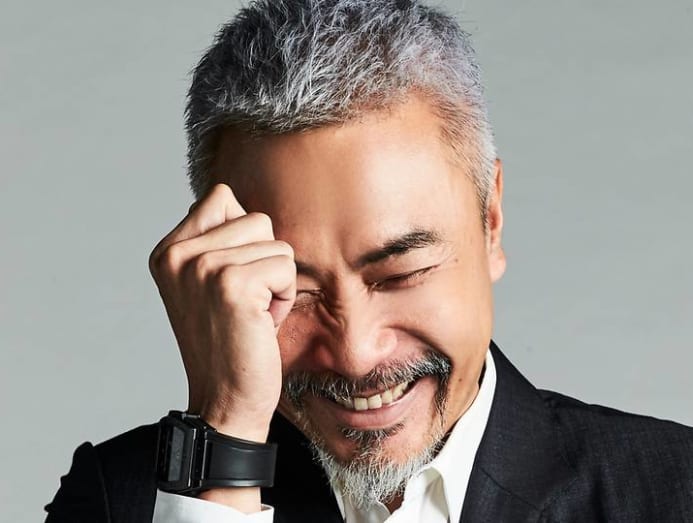
Being a bit of a thrill seeker ties in with the fact that Tay is never content to rest on his laurels.
“The reason I went to China is that I didn’t want to wonder,” he said. “I was at a stage of my career where I could just cruise. I was very lucky. I was well remunerated. And I know that if I had stayed, Mediacorp would continue to renew my contract and I could just come to work and say my lines. I’d lead a very comfortable life. But I needed to know what was out there. And the opportunity came.”
It wasn’t an easy choice because it meant starting from scratch in a place where few people knew his name.
"But I wasn’t disappointed,” he said. “I got to do a lot of things that I’ve never gotten to do. I got to work with great casts, great crews and great storylines, and I witnessed what a true big-budget blockbuster was. And I became a superhero.”
In real life, he says, his only superpower is being able to touch his nose with his tongue. But if he could have any superpower he wanted, it would be the ability to teleport. “I could go into bank vaults and – imagine! But I’d have to be able to teleport everything I was touching or holding, too. Because imagine if I teleported and my clothes didn’t – I’d be butt naked.”
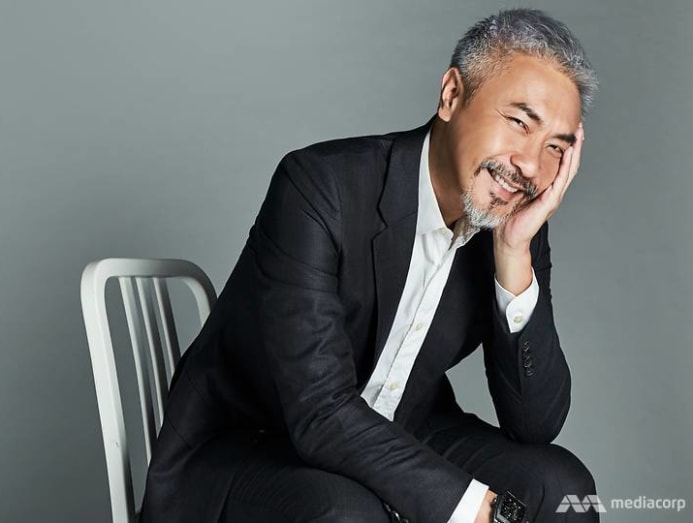
Does he have regrets about making the decision to uproot his career? Actually, yes.
“I think I’ve lost a lot of time away from people I love and people I care about,” he said, adding that his wife doesn’t visit him while he’s working because he wouldn't have enough time to spend with her. “I’ve spent three Christmases in China – and nobody celebrates Christmas there, so it was quite miserable. I think later in our lives, as we get older or more sensible, it’s always about the people, in the end. If there’s one thing that I’ve learnt on my journey so far, it’s that everything we do should be for the people around us. What else is there? Your money’s not going to crowd around you and make you feel better or cry for you when you die. Your supercar is not going to be there for you and hold your hand when you need comfort.”
Currently back in Singapore to shoot a short film by Taiwanese director Wayne Peng, as well as a drama produced by August Pictures and also starring Jesseca Liu, titled Mind’s Eye, he’s enjoying the opportunity to spend time at home with his family.
And no matter what happens, “Singapore will always remain my home,” he said. “People ask me if I have plans to move to China or live in China. Who knows what the future will be – but for me, I’m always a true blue Singaporean. I do believe that I still have a place here, to share what I learn, if people are willing to learn. I think knowledge should be shared. I’d love to be able to come back and do projects here, and be involved.”





